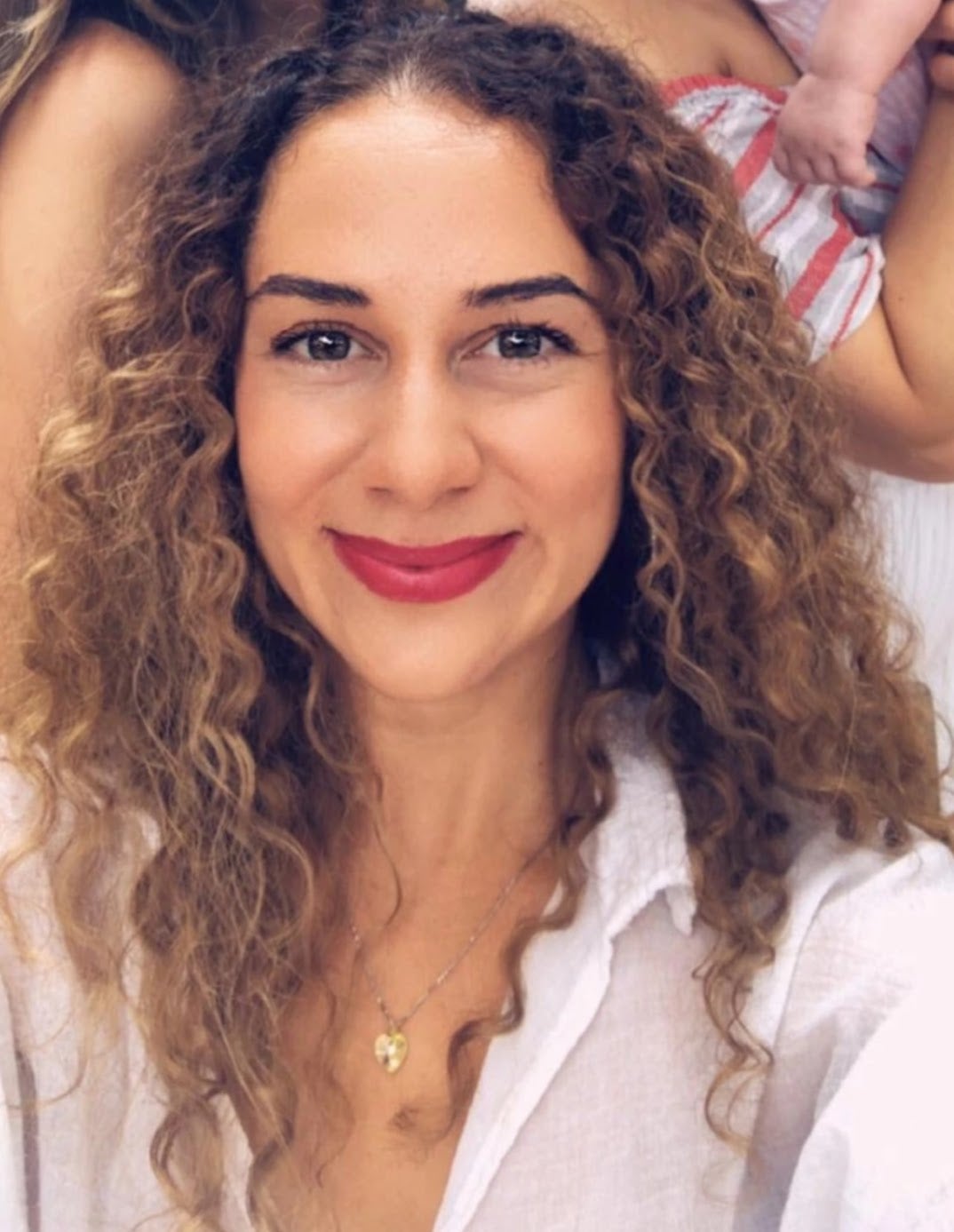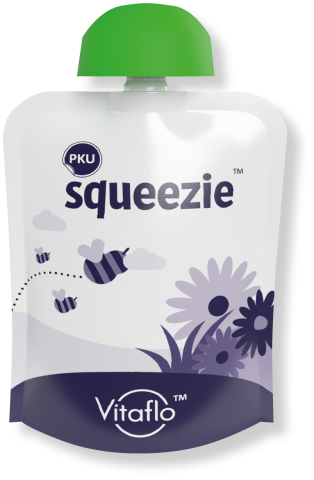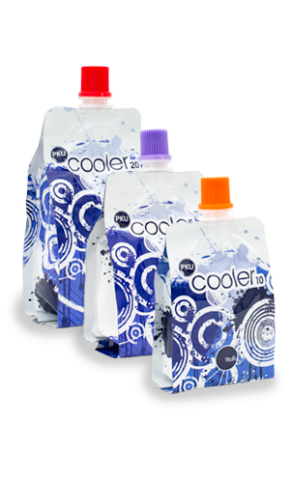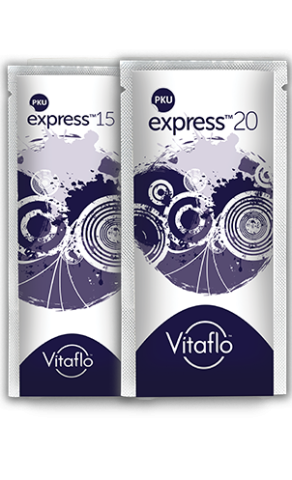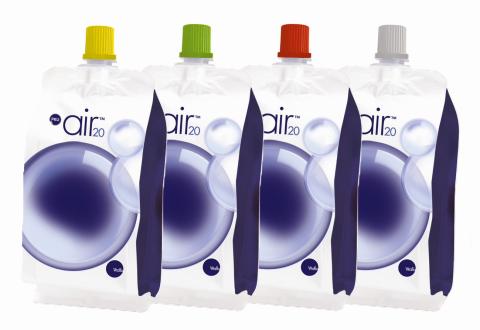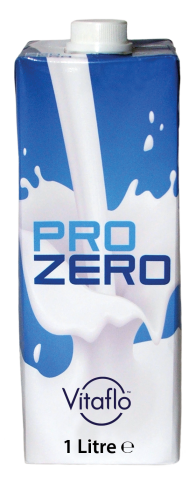As a child, you are used to people making decisions for you; about your health and life in general. Growing up with PKU, this extended into what, when and how much you ate and making sure you drink all your protein substitute.
As you grow and get older, you start to become more independent. You start learning a bit more about your condition, attend appointments on your own and start to make decisions for yourself.
It’s a huge step. Living with PKU isn’t easy, it’s complex and involves a lot of conscious thought. Not only what you eat day to day, but keeping on top of your protein substitute and low protein food orders, blood tests and also specialist PKU appointments.
Transition is a time where you begin to take ownership of your own health and wellbeing. It’s a graduated process, where responsibility is trickled down to you, to match what you’re able to achieve at an appropriate age.
Here are a few responsibilities I took on as I grew older…
Pre-teen:
- Prepare my own protein substitute
- Understand how to weigh foods and count my protein intake
- Take my own blood samples (I have to admit, I did put this off. Needles weren’t my friend for a while)
- Understand why I take my protein substitute
- Understand why I could only eat 6 grams of protein a day
Early teens:
- Prepare and send blood samples
- Try new food options and be involved in working out their protein
- Prepare basic meals for myself
- Brainstorm and help organise options for outings with friends
Later teens:
- Understand how to balance exercise with diet and the protein substitute
- Understand how sickness may impact phe levels
- Order my low protein foods
- Order my protein substitute
- Schedule and attend PKU appointments
- Start cooking for myself more
- Independently count my protein
If you’re a parent reading this, I feel it’s important for me to say – relax a little and loosen the reigns. I can imagine this is infinitely easy for me to say, and very hard to do! But mistakes are going to happen – it’s a part of growing up. I made mistakes and that is how I learned. I know for myself, what was most critical was the reaction to these mistakes. I was much more responsive to constructive feedback on ways I could prevent my slip-ups from happening again, rather than being scolded for doing the wrong thing.
As a teenager with PKU, you know what eating off diet will do to you. It has been drilled into you from day one. This means we go through times feeling enormous guilt for our shortcomings. Being met with kindness and understanding when you slip up is so much more comforting. No person is perfect, and no diet is perfect.
At the end of the day, no one else experiences life with PKU exactly as you do. Not your doctor, parent, partner or friend. Not even someone else with PKU. We all have different protein allowances, differences in appetite, food preferences, cultural backgrounds. This all leads to us having a unique experience with our condition.
This brings me to one of the most important things. Just because I’m now an adult, this doesn’t mean I have everything figured out. Far from it. Life is constantly changing, and new challenges continue to arise. It is therefore so important for us not to be afraid to speak up. This is how we have our needs and concerns heard. What I have learned over the years, and what I am still trying to implement in my life today, is that an open dialogue with effective communication is key to getting through challenges together. Whether this be with your metabolic team, your family, your personal relationships or work colleagues. Unhappy with your protein substitute, struggling to focus at work or during study, feeling down, travelling overseas, needing new meal ideas, navigating social outings, feeling isolated? When others are aware of where you’re at, they can assist you in getting where you need to be. Reach out and ask for help. It’s the best thing you can do for you.
Transition of care when you have PKU is an important and meaningful process. It requires gradual steps, that enable a child to become more independent with managing PKU as they get older. However, it is not without challenges. So don’t be afraid to ask for help and discuss this with your metabolic team so that together, you, your child and your metabolic team can coordinate a planned approach.
